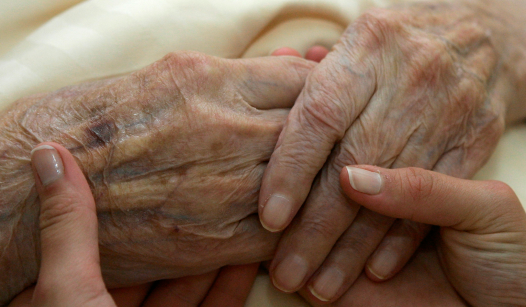The conversation surrounding medically assisted suicide in the United Kingdom has ignited intense debate, revealing deep-seated beliefs and attitudes about life, death, and the nature of human suffering. This discourse often reflects a broader denial of the complexities inherent in the human experience, as it grapples with the ethical implications of allowing individuals to choose to end their lives in the face of terminal illness or unbearable suffering.
At the heart of this debate is the question of autonomy versus the sanctity of life. Proponents of medically assisted suicide argue that individuals should have the right to make choices about their own bodies and lives, especially when facing debilitating pain or terminal conditions. They contend that allowing people to choose a dignified exit from life can alleviate suffering and provide a sense of control in an otherwise harrowing situation.
Conversely, opponents of the practice raise concerns about the potential for abuse and the moral implications of endorsing suicide as a solution to suffering. They argue that legalizing medically assisted suicide could lead to a slippery slope where vulnerable individuals, including the elderly and disabled, might feel pressured to end their lives prematurely. This perspective highlights a fear that society may prioritize cost-saving measures over compassionate care, potentially devaluing the lives of those who are most vulnerable.
The U.K. has seen various attempts to legislate on this issue, with high-profile cases often capturing public attention and sparking widespread discussion. These cases typically involve individuals who have sought legal permission to end their lives, drawing attention to the inadequacies of palliative care and the emotional turmoil faced by families grappling with terminal illness. Such stories resonate deeply, prompting many to reconsider their views on the right to die with dignity.
In recent years, the debate has gained momentum, with organizations advocating for change and public opinion gradually shifting. Polls indicate that a significant portion of the population supports the legalization of medically assisted suicide, reflecting a growing recognition of the importance of personal choice in matters of life and death. As societal attitudes evolve, lawmakers are increasingly faced with the challenge of reconciling ethical considerations with the desire for compassionate care.
The complexities of this issue are further compounded by cultural and religious beliefs that shape individual perspectives on life and death. For many, the sanctity of life is a non-negotiable principle, rooted in deeply held convictions that view any form of assisted dying as morally unacceptable. Others, however, argue that compassion and empathy should guide our response to suffering, advocating for a more nuanced understanding of what it means to live and die with dignity.
As the U.K. navigates this contentious landscape, it becomes evident that the discussion surrounding medically assisted suicide is not merely a legal or medical issue but a profound reflection of our collective values and beliefs about humanity. It challenges us to confront our fears, prejudices, and assumptions about suffering, autonomy, and the role of society in supporting individuals at the end of life.
Ultimately, the debate on medically assisted suicide in the U.K. serves as a microcosm of the larger questions we face as a society. How do we balance the right to choose with the responsibility to protect vulnerable individuals? In our pursuit of compassion, how do we ensure that we do not inadvertently create a culture where life is undervalued? These questions are not easily answered, but they are essential to the ongoing conversation about the nature of suffering, dignity, and the human experience.
